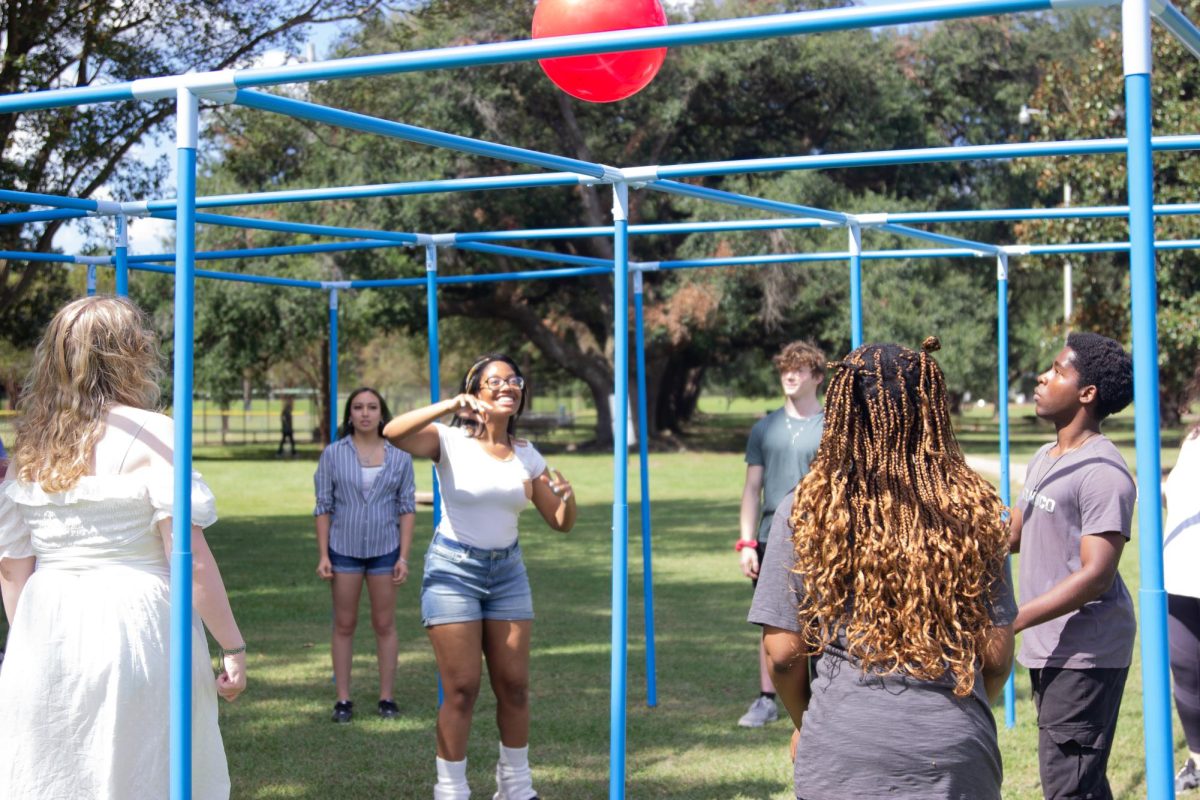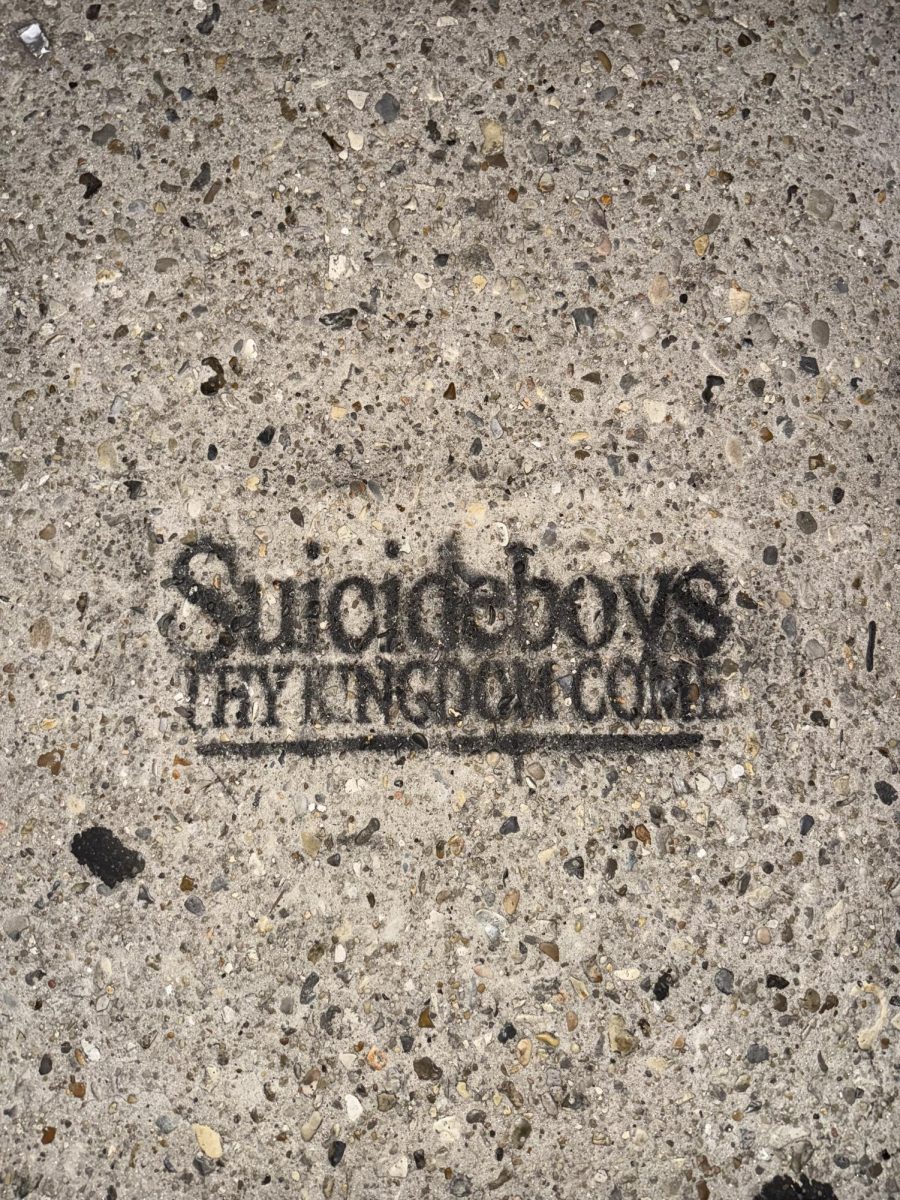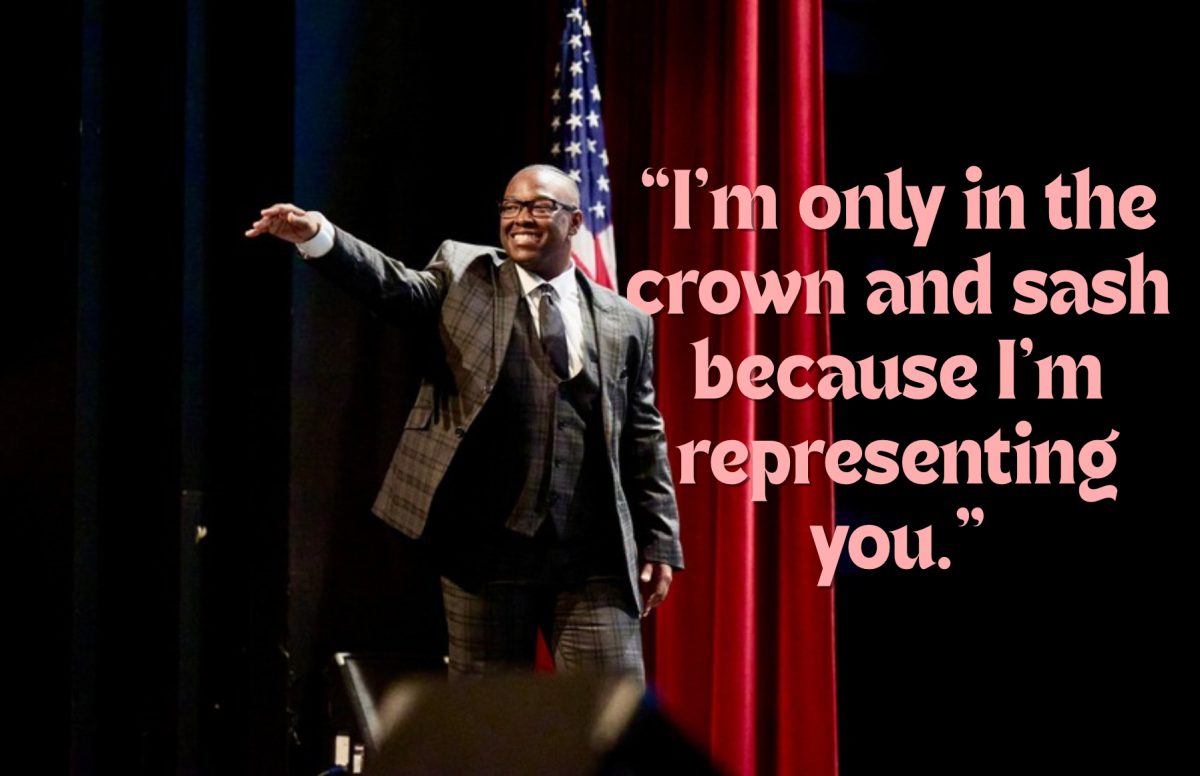For most, college is the time to hit the ground and get ready for the real world.
Planning for a career is one thing, but preparing for the professional work field is another.
Employers want to know about the person they’re considering for a position. Job candidates should have an “elevator pitch,” a 30-second rundown of their most relevant skills.
Introduce and market yourself quickly. Convey the kind of job you’re looking for if the opportunity arises at a party, a sporting event or even in an actual elevator.
According to the “Lean In Foundation For Graduates,” 75 percent of recruiters say their hiring process includes researching candidates online. They can check social media posts and photos. Hide or delete anything that could be questionable.
“Creating a LinkedIn profile to ask former employers and professors to provide testimonials and joining school and industry groups on the site is a great first move,” said Sheryl Sandberg, author of “Lean In: For Graduates.”
Job candidates can go beyond Google. Find jobs that aren’t listed online by identifying people in your extended network—friends and colleagues of family and friends and teachers.
“Make a list of people you want to connect with,” Sandberg said.
It could be beneficial to see if anyone in your network knows them. Making and securing a connection helps on the job hunt.
Key words come into play when one creates a resume or interviews for a position.
“Using the appropriate key words will optimize the chances a recruiter will find you,” said Alfred Knopf, celebrity life coach.
Create multiple versions of your resume and tailor it toward particular jobs or employers. Proofread each version as if your job depends on it—because it might.
A 2013 study by Stanford University showed if a person meets 60 percent of the requirements on a job listing, that person will consider himself or herself unqualified. However, the other 40 percent will send in an application.
Compete by looking for job listings that appeal, even if you lack some of the skills.
Avoid addressing introductory emails with “to whom it may concern.” Look instead for common ground with the person.
“Whether you were referred to someone in the company or you share the same alma mater or hometown—moderate–personal is a good look,” Knopf said.
Bring it home by doing homework. The hunt doesn’t end with the interview. Prepare by making a list of what you like about the job and company.
“Research the company and the industry’s latest trends. It’s impressive,” Knopf said.
Be ready with questions and ideas to pitch and speak with confidence.
Knopf also said, “Graduates often make the mistake of concentrating on what they want from a job rather than on what they can offer.”
Following up post-interview is a bonus. Point out an article of interest during the interview.
Write a thank you letter or email within 48 hours. If you don’t get a response, wait a week to reach out again.
“If at first you don’t succeed, stay positive,” Knopf said.








